With the rest of the world locked up and getting bored out of their tree, its just a few countries like us that are starting to truly get out and about without masks. We’re lucky beyond belief. Now we can go out and party carefully – or stay in and party hard.
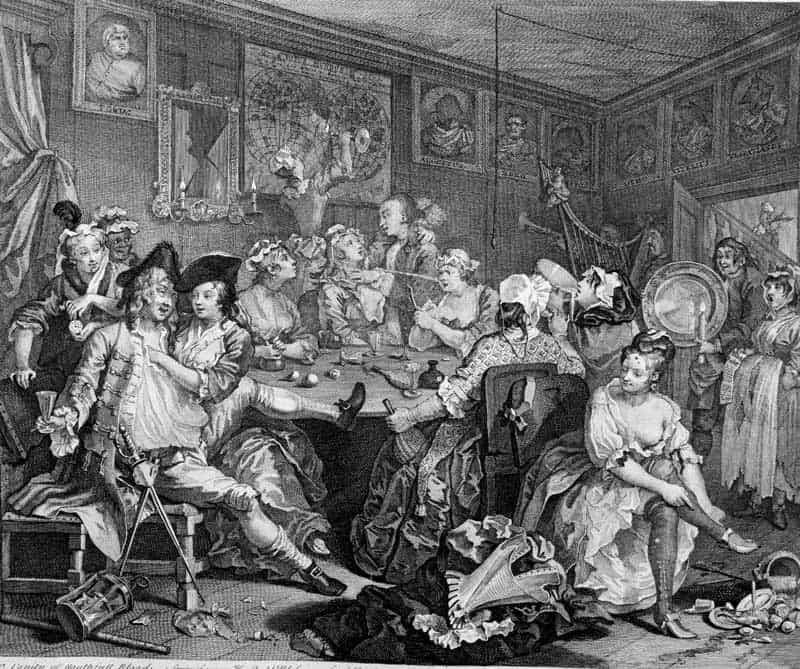
Meanwhile, the toppling of statues in the USA and UK has started to have a domino effect around the world, not just in busts of bronze and marble, but in the names we call our streets and cities as well. I’m following this with interest and a certain amount of amusement. While renown slave trader Edward Colston toppled into the briny in Bristol, Leopold being defrocked in Belgium (about time!) and even Churchill got bedaubed with red paint in London, even America is starting to do the unthinkable: banning the Confederate Flag from Nascar, changing the names of American army bases in the deep south, and at long last starting to stand up to the plastic dictator.
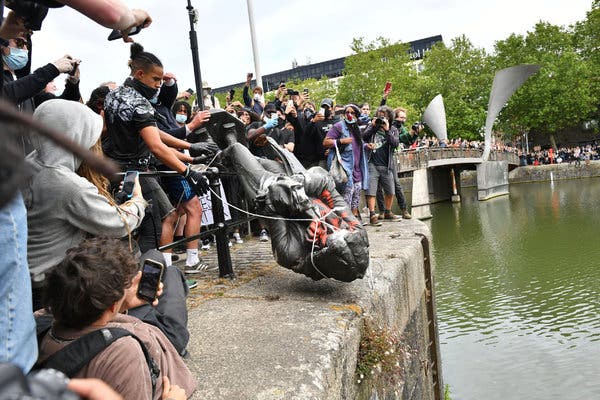
Now we’ve started to look quizzically at some of our place names as well. Already, Hamilton, city of the Future, has ripped out its statue of its namesake: Hamilton. Gone in an instant. “Hamilton was a “murderous arsehole†who was displayed in the city as though he was a hero” says local Huntly kaumÄtua Taitimu Maipi​. Will the name of the city go as well? Will it become Tron, or revert back to Kirikiriroa? Will the name of the city of the future be confined to the past?
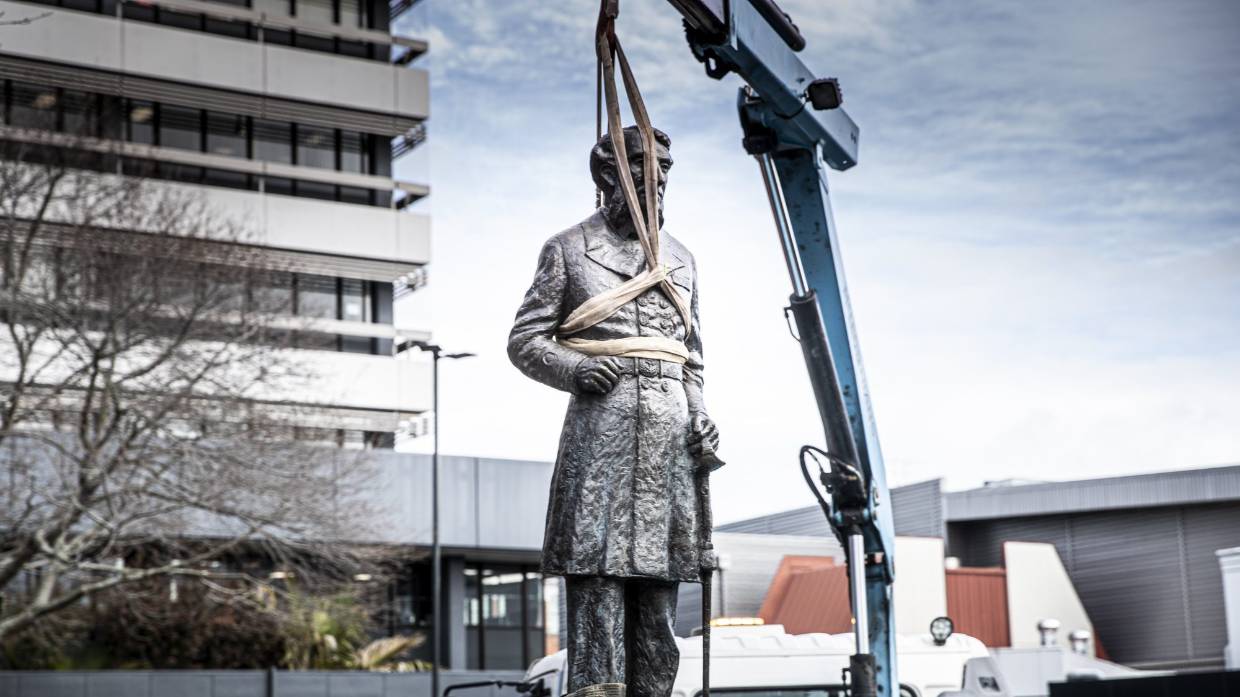
What’s next then? So much is up for grabs if you look hard enough. Wellington for a start – tremendously cruel to the French of course. Killed them by the bucketload, winning the war for England. We can’t have that. Plus he was a Duke – so elitist. 1% snobbery right there. While Whanganui-a-Tara doesn’t exactly roll of the tongue to many, I actually like the name Te Upoko o te Ika a Maui better. Although autocorrect meant that I had to type that out several times before it stopped correcting my spelling. And have you heard google trying to give directions using Maori place names?
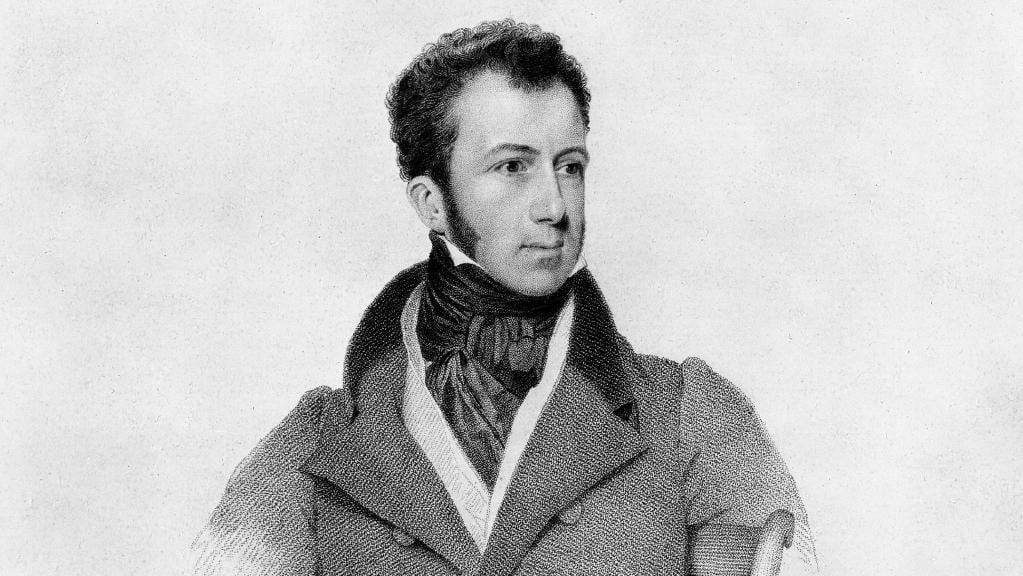
Wakefield Street is even more outrageous. I’m sure you all know about Edward Gibbon Wakefield – going from memory here, not the google or the wiki – Wakefield was a thoroughly bad egg. Locked up in prison for raping and absconding with a very much underage young girl, he dreamed up the idea of “the New Zealand Company” while in prison, and then came out here and ripped off not only the local Maori but also all the settlers as well. Wakefield, you’re just an embarrassment. Good thing that we don’t have anything else named after Wakefield, like a hospital. Or a school. Or a suburb. Or a metal trading company. A contracting company. An electrical company. Panel and paint shop. A hotel. Antique shop. Four Square. Storage company. Digital Printers. Specialist Medical Centre. Wait – what’s that? We do? What – all of them?!? Oh Lord, that’s embarrassing.
I’ll have to go and find my copy of Irvine-Smith’s book “The Streets of my City” on the origins of Wellington street names – it’s crammed with instances like this. Depending on your optics, Wellington has many people recognised in a street that may or may not deserve that honour. Names are sometimes just plain awkward…
But so are most of our (current) pakeha city names. Auckland is named after a Lord Auckland who really had bugger all to do with New Zealand. And besides, Tamaki makaurau is so much nicer to say: it rolls off the tongue. But what do we really know about Tamaki? Is the history safe to use without later embarrassment? Plus: as we know, Tamaki had a thousand lovers, and therefore was an unthinking polygamist, probably some of whom were at least a little more than unwilling, so that’s barely better. Should we be praising polygamy and polyamoressness? This history revisionism stuff is hard work.
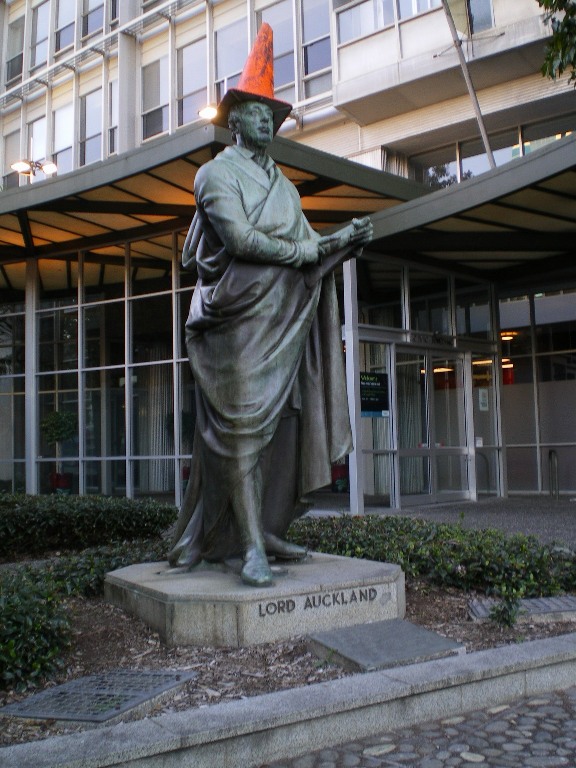
Picton is already being questioned for the naming of their town – Picton also being a slave owner. Nelson also has horrible anti-French Marlborough is named after the Duke of Marlborough (rather than after the cigarettes) and from memory, the Duke also waged war against the French, or Spanish, or probably both at the same time. Does that make Marlborough double bad or double good? Double plus ungood? Hmmm.
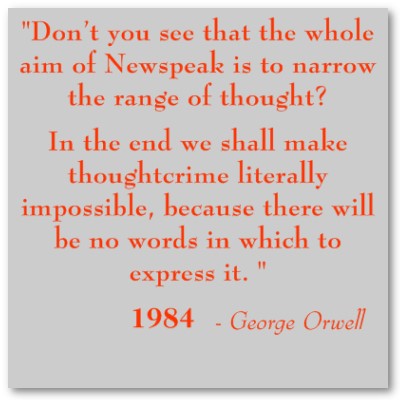
Poverty Bay has already had numerous requests in for a name change – although the moniker Bay of Plenty has already been taken. Hawkes Bay, with or without an apostrophe, is full of terrible racist name tags. Napier was named after the winner of a battle against the Indians, as was the nearby small town of Clive – Lord Clive of England was being perfectly beastly at the time to the people of the Indian subcontinent. Even the street names of Napier are riddled with Indian subjugation – Hyderabad Road, Scinde Island, Simla Terrace, etc. Hastings being named after the battle of Hastings, that is recognising a whole invasion of one race over another – in this case the French won over the British, so it would seem to be commemorating some more reverse racism. But what do we believe – history as written by the winners or the losers? Here are two views of Clive – you pick which version is more real and which has been vamped up a bit…
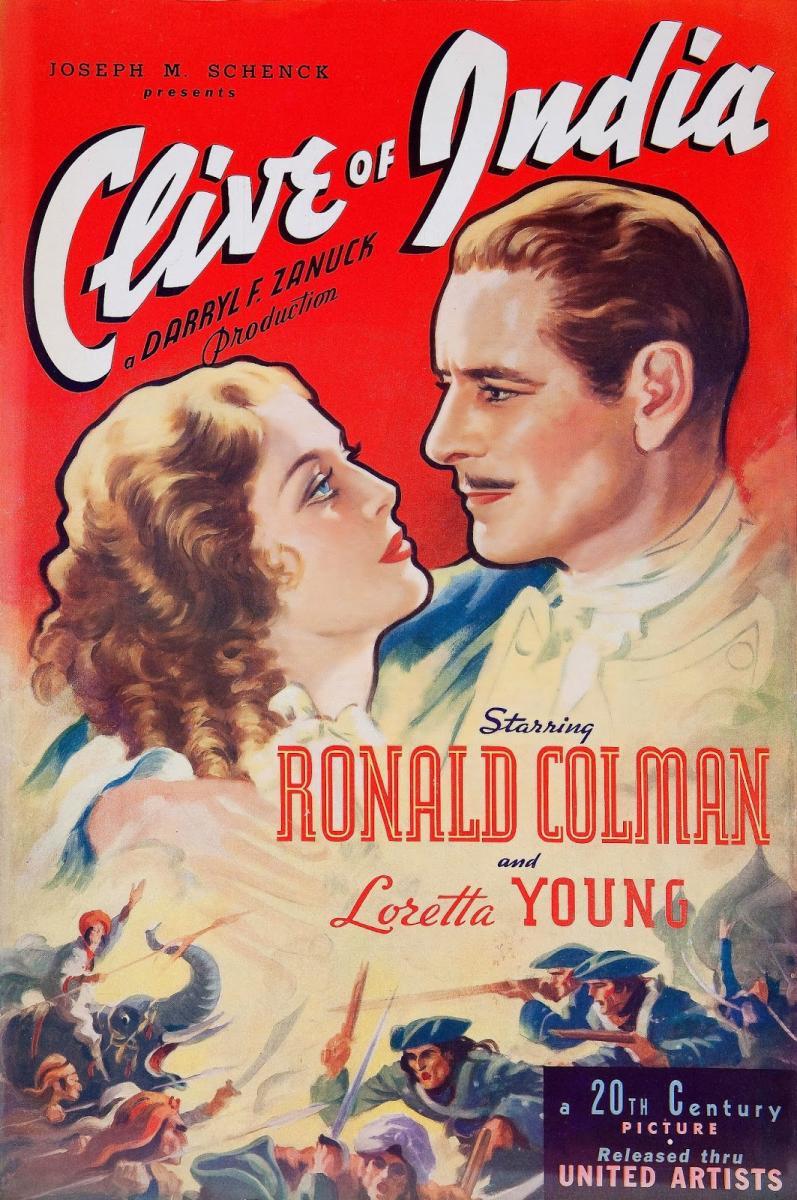

You’ve got to admit that on the whole, America mostly has a less divisive naming policy for streets. Boring, but safe. 1st Avenue, 2nd Avenue, 3rd Avenue and so on, crossing at a pristine 90 degrees with Streets labeled A Street, B Street, C Street (right up to K Street in Washington DC). Or more commonly, 1st Street, 2nd Street, 3rd street etc – last time I was in New York I got lost somewhere in Haarlem on about 256th Street. Fun times.
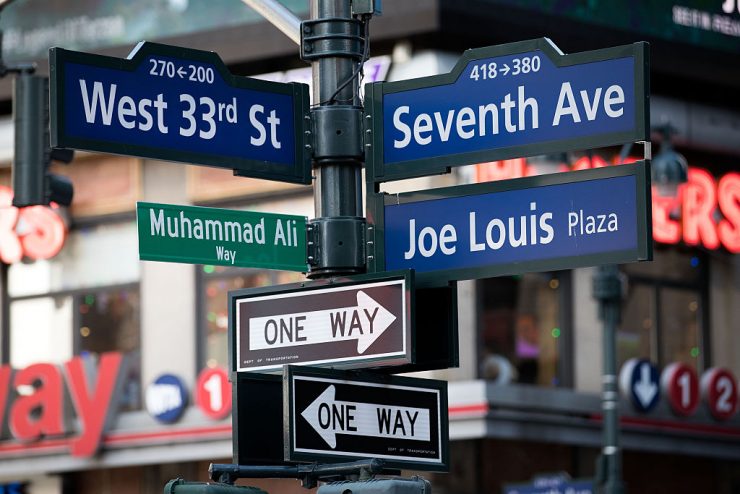
Occasionally the Americans get inventive with the tried and true: Main Street, High Street, Oak Street, Walnut Street, Maple Street and the inevitable nightmare on Elm Street. God it’s boring. Efficient, but boring. Every single town in the USA has a corner of Main and 4th, or Oak and 9th, or some such boring arrangement. No offence caused except to my brain and probable mis-directed postal parcels. We can have that instead if you want?
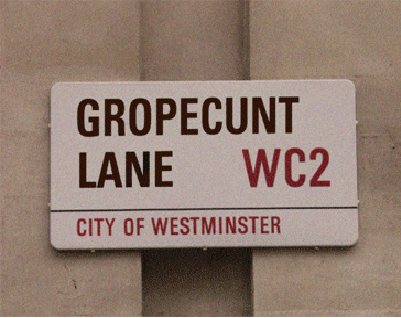
I can understand people wanting to change their street name or place name when it is something like Gobblers Knob, or Gropecunt Lane (both real, I swear), or the people of Upper Slaughter and Lower Slaughter – or my UK favourite of Upper Wallop, Lower Wallop, and Middle Wallop. There’s a whole lot of Walloping going on over there – perhaps it is a centre for domestic violence. Even streets named for good, wholesome people of the community sometimes go wrong. Surely you can’t go wrong with a Bishop, can you? Except for the kiddie fiddling. Or a Cardinal? Oooops, more kiddie fiddling there. There’s no great calls for a Pell Road in Australia any more, I note, despite all the charges being exonerated. How about City Councillors – they can do no wrong can they? And city roads all the world over are named after Councillors and Politicians. My particular favourite in America: the George Bush Centre for Intelligence at Langley CIA headquarters.

No doubt this will be outdone by a hundred Donut Rump statues and roads at some stage in the future, if they aren’t already happening.
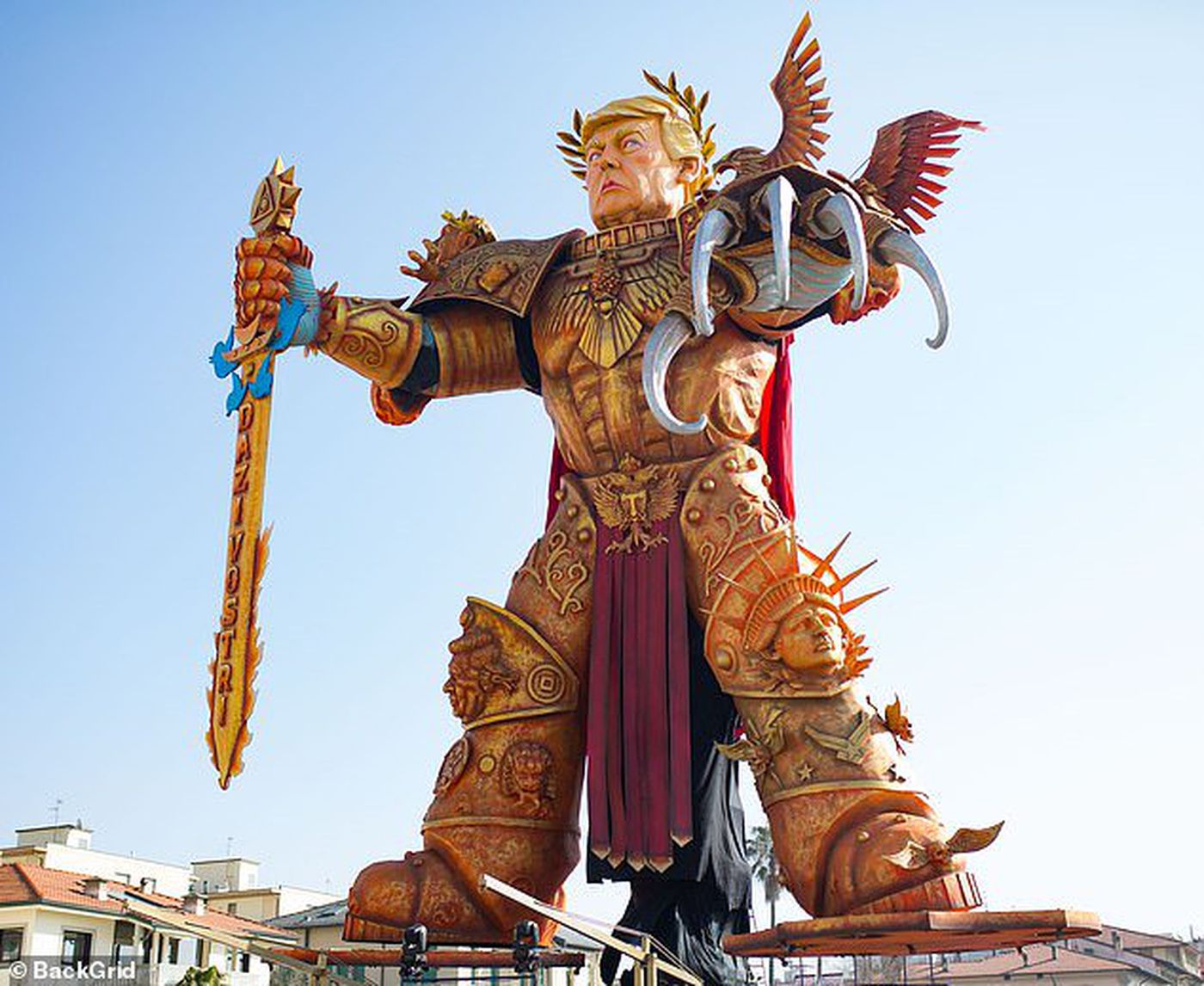
Or do we just put up with what we have, and face up to having to live with history in all its unpleasantness and quirkinesses? History is fascinating to uncover at times – an old girlfriend of mine lived in Duppa Street in Berhampore, and we wondered who Mr Duppa was. We figured he might have been a brewer or a cooper, or was brewing a cuppa. Actually, the truth was far more interesting and could well have been lost to history had not the street name reminded us to look him up. “One of the first men to make a fortune in New Zealand, George Duppa was a colourful figure whose lack of public spiritedness was most untypical of early settlers in this country. As a young man he was described as able, energetic, well spoken, well connected, and good looking—“a handsome dark eyed man with a face like a Spaniard, descended from the Bishop Duppa of Charles II’s reignâ€. He was musical and could sing well, and was a splendid horseman who could ride a race in finished style. Yet he was held in scant respect by his contemporaries and took no part in the civic affairs of the young colony; indeed, he made no secret of the fact that his guiding ambition was to make a fortune so that he could return to England to live at ease in his birthplace at Hollingbourne. The self-confident, crudely selfish, unscrupulous, and at times parsimonious manner in which he pursued this purpose finally led to the material success he sought; but it never endeared him to his fellow colonists.”
Or the tiny and insignificant Luke’s Lane in Te Aro, just off lower Taranaki St – named after a former Mayor of Wellington, who was also a distant relative of one of Wellington’s current clever architects helping rebuild the city we live in today. History is all part of the rich tapestry that is woven all around us.


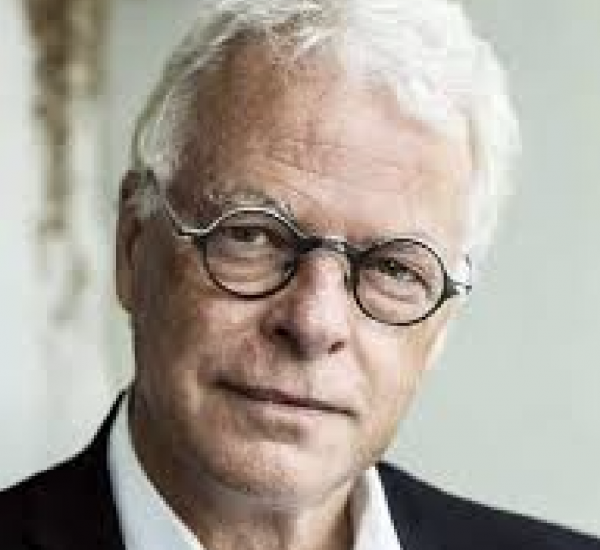


Just to note….
Edward Gibbon Wakefield was a deeply flawed character but he never raped anyone. Councillor Tamatha Paul also claimed in the Dom Post this morning that he was a “sexual predator”. Not so…
He absconded with a 16 year old girl because she was the daughter of a wealthy industrialist and Wakefield wanted the dowry which normally came with taking a woman’s hand in marriage. The marriage was never consummated which was made clear at Wakefield’s trial and he was said to have taken great care for her. After the sham marriage was annulled, she married again ‘properly’ a couple of years later to the son of a local wealthy neighbour which is highly unlikely to have happened had Wakefield ‘had his way’ with her. He did his time in prison and spent the rest of his life trying to make amends for what he did…unfortunately this came in the form of ripping off Maori and settlers alike. If someone wants to make a case for removing the Wakefield name because of his colonising activities , so be it but this should be on that basis, not because of a rape that never happened.
Thanks John – I stand corrected. More info in your comment than i’ve read anywhere else, so I’m very happy to believe you.
Just another note – according to Irvine-Smith’s excellent book (every Wellington home should have a copy), Lukes Lane is named after the father of two mayors, not after the mayors themselves.
I’m all for NZ places having NZ names, particularly when the the current name has zero connection.
And everywhere should take a leaf out of Petone’s book, where some of the street names signs give their derivation. (Wellington has done something along these lines, with additional signs explaining some WW1-related names.) A policy of including such information on signs when they come up for replacement would enhance the sense of place and cost very little – and show how irrelevant some of the names are!
Betterbee – not only are you right about Lukes Lane, but it also makes a lot more sense. So, instead of naming a seedy backstreet lane after a former Mayor (of course it may not have been so seedy back then), it was named after the Mr Luke who had his foundry there – which if you think about it, a great place for a waterside blacksmith, down near the harbours edge and just opposite the Te Aro Pa. It all makes more sense now!
Your suggestion re taking a leaf out of Petone’s book is a great idea. I know you regularly talk with Council – perhaps we try and get it onto their list of things To Do in the future?
I like the approach being taken in the change from Rimutaka to Remutaka-
No drama, no rush, just change the spelling as the signs get changed out through normal routine maintenance
Good work
Another viewpoint on statues around the world: London’s Trafalgar Square has 4 large plinths, only 3 of which have statues. The 4th plinth has, for the last decade or two, been designated a site for art rather than statue, and it changes at regular intervals.
https://www.theguardian.com/artanddesign/2010/may/24/shonibare-fourth-plinth-ship-bottle
Anthony Gormley’s “One and Other, which allowed 2,400 people to spend an hour perched high above Landseer’s bronze lions. The daily dramas – sometimes moving, sometimes buttock-clenchingly embarrassing – enacted by members of the public became such a part of London life last summer…” (ten years ago).
https://londonist.com/london/art-and-photography/every-work-of-art-on-the-fourth-plinth-so-far
There’s also been a large blue cockerel, a giant thumb, and a skeletal bronze gift horse. Although I’m not sure what is up there now? Wellington’s equivalent, although not on quite such a grand scale, is the 4 plinths outside Te Papa, which have artworks changed at regular intervals. Currently, 4 squiggly things occupy the plinths (see below in the Flickr pics).
“In 1826, the mind of a young widower turned to thoughts of love. If this was a perfectly normal experience, the implementing of it was not. For what the thirty-year-old Edward Gibbon Wakefield did was to abduct a fifteen-year-old school-girl heiress, Ellen Turner, and make a Gretna Green marriage with her. The father, who wished to lose neither his ducats nor his daughter, instituted legal proceedings at the Lancaster Assizes and as a result Wakefield found himself languishing in Newgate Prison with little to do, and three years to do it in…” – David P. Muller, Once Upon a Village: A History of Lower Hutt.
Of course this book is very apocryphal and sensationalist in its coverage of early history (e.g. spending a lot of time making up Maori history of the Hutt based on somewhat less-than-reliable word of mouth). My view is that Wakefield did a lot of appalling things after this (with regard to his treatment of the people already living around the harbour at the time the NZ Company began settling, and with regard to his business practices in general – selling land he’d never seen, before the first of his survey ships even arrived, he was basically a con artist selling the idea of a far-off land to gullible people), and so just focusing on this one thing is perhaps not putting things in full perspective. He was an awful person, not just because of this (which I don’t know any reliable sources about, would be interested to hear of any if they exist), but because of all the other stuff he did.
I suppose I mean, he may or may not have raped someone – but even if he didn’t, that doesn’t mean he was someone we want to remember in the way we do! I think I am in agreement with the other comments above (“Another John” and the comments in the post itself) anyway, I just wanted to throw my penny in the ring.
By the way Levi, have really been enjoying your posts over lockdown and over the past few weeks. Thanks for writing!
Thanks 60, Hans, and m28a31 for your comments (i had to do something with my time over lockdown or i would have gone mad! – Perhaps i have!).
I guess we’ll never know the absolute truth about Wakefield, but he was certainly both clever, scheming, and a bit ruthless. Although starting out in England, and us knowing of his exploits here, he also was a big shot in Australia, and ultimately ended up in Canada as an MP, so we can certainly say that his colonising ways were a big part of his persona. Of course, that made him generally a good thing back then, and the same things make him a toss pot now. Always depends who is writing the history as to how you come out of it…
On that note, I think I should therefore write my own history first, for if it to be left up to someone else, they might write me off as a toss pot myself. Can’t be having that!
And while we are on the subject of rape, or not, again that is a contextual, historical construct. Apart from lawyers, who will argue anything, people in today’s society can probably agree on a definition of rape – ie sexual assault where one party does not consent. It is no longer only confined to women, nor can it be dismissed as a husband’s prerogative, and nor does it just need to be penetration etc etc,( far too much detail for this, I know…) …but relevant because i was reading a book on Chaucer this morning (as you do) and he too was accused of ‘raptus’ way back several centuries ago. He got a good legal team around him and they reached an agreement out of court – but the book was noting that as hard as it is for Chaucer to be translated into modern words, the concept of rape was even harder to define exactly what had happened.
But the arguments for and against were still much the same – what had the lady said, was she pregnant and was Chaucer the father, were his advances welcome or not, and indeed, was it a politically motivated charge or was it motivated by a desire for revenge from a spurned lover? Honestly, if it wasn’t for the fact it all happened 800 years ago, it could have happened yesterday.